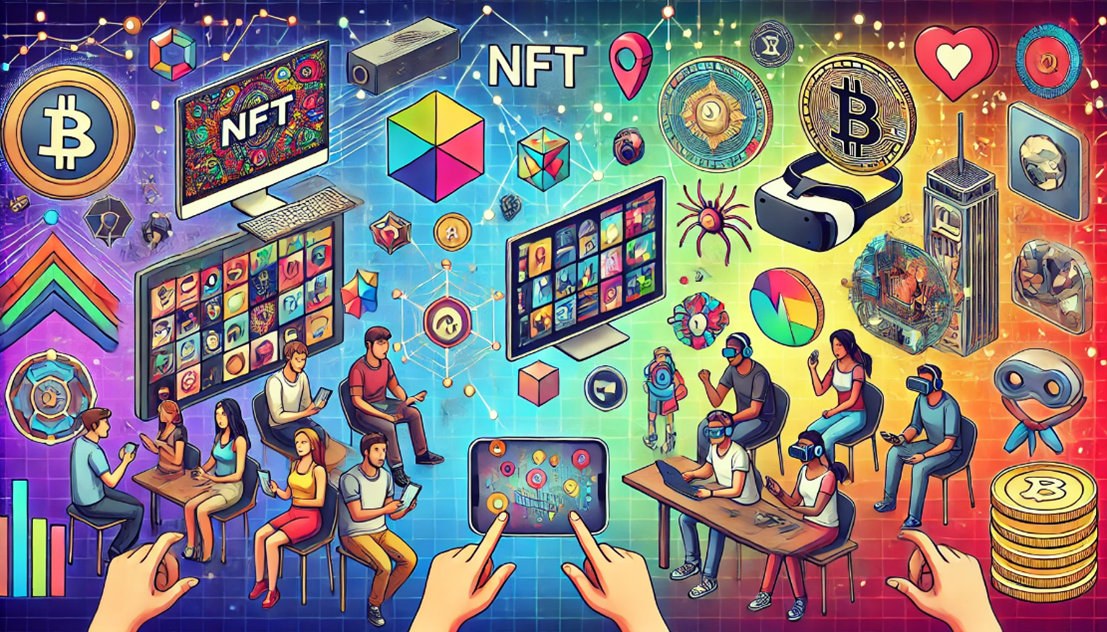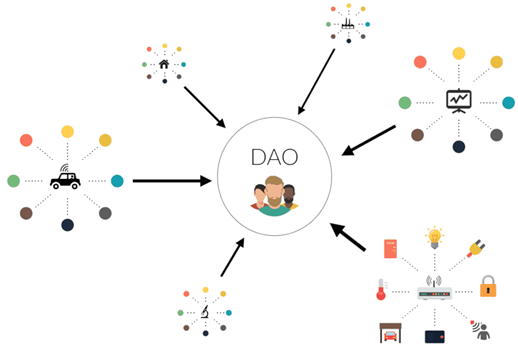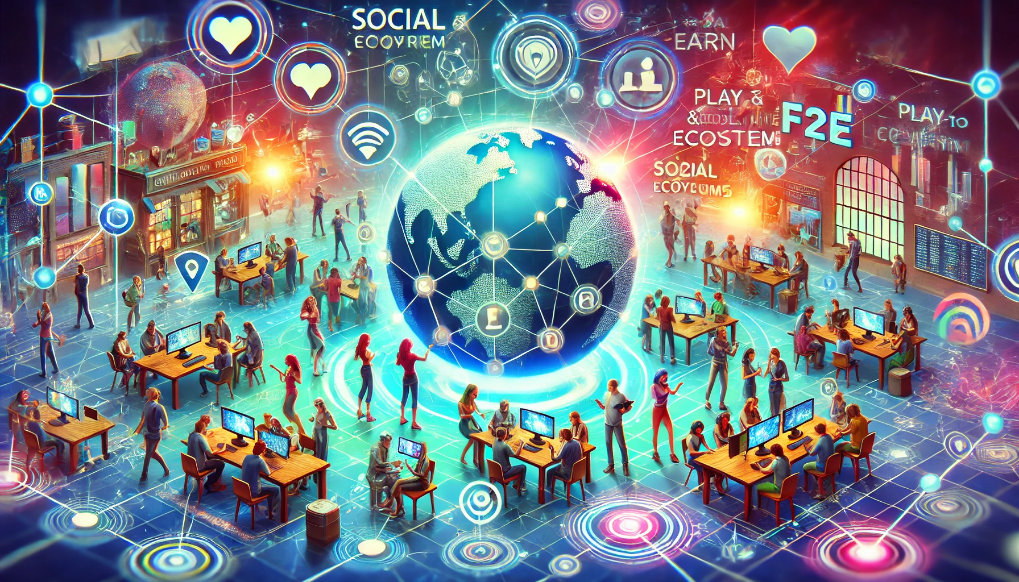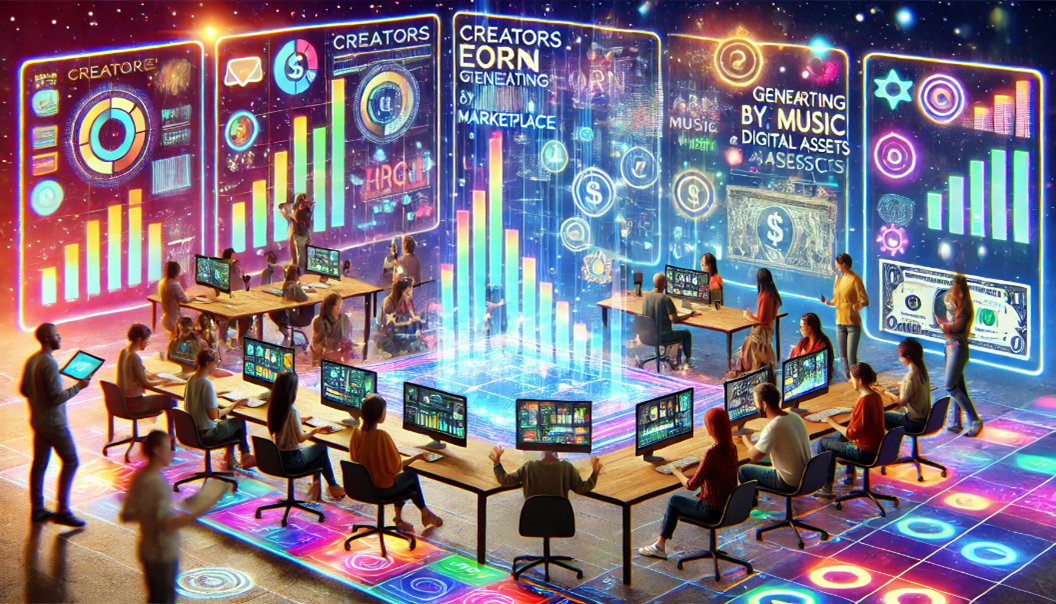How P2E is reshaping the gaming landscape

How P2E is reshaping the gaming landscape
by Maximilian 02:58pm Jan 13, 2025
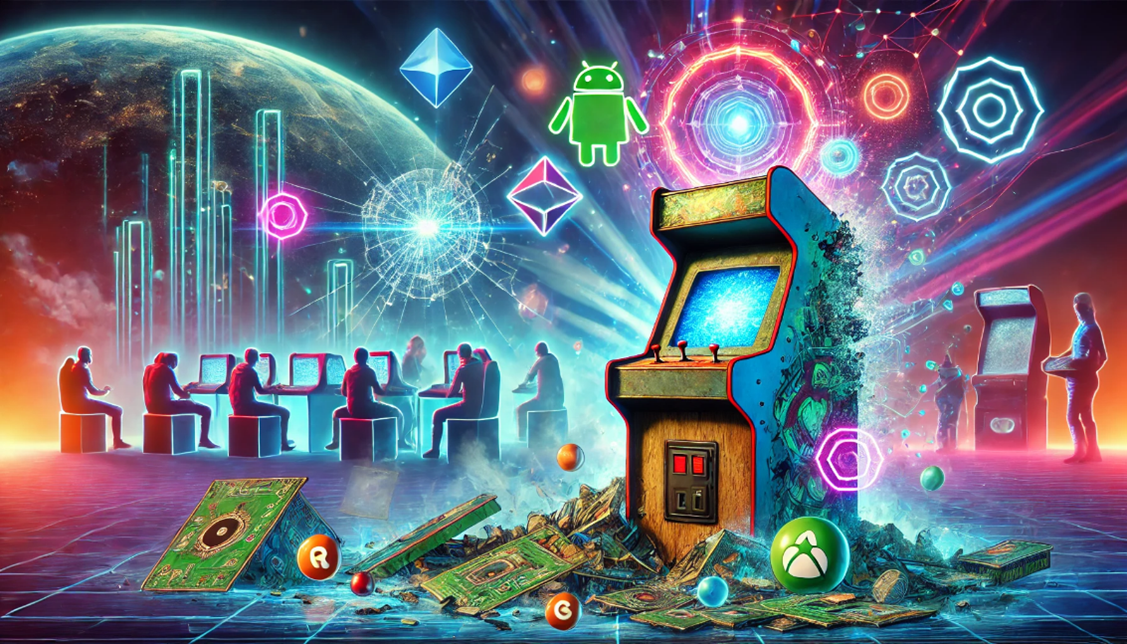
Play-to-Earn (P2E) gaming is transforming the traditional gaming industry by introducing blockchain technology, digital ownership, and decentralized economies. This model rewards players with cryptocurrency or NFTs for participating in games, creating new opportunities and challenges across the gaming ecosystem.
1. Shifting the Power Dynamic to Players
True Ownership of In-Game Assets:
Players can own, trade, and monetize in-game items as NFTs, giving them full control over their digital property.Decentralized Economies:
Blockchain technology decentralizes in-game economies, reducing developers' control and empowering player-driven markets.Player-Driven Value Creation:
Players contribute directly to a game's economy by earning and trading assets, blurring the line between player and stakeholder.
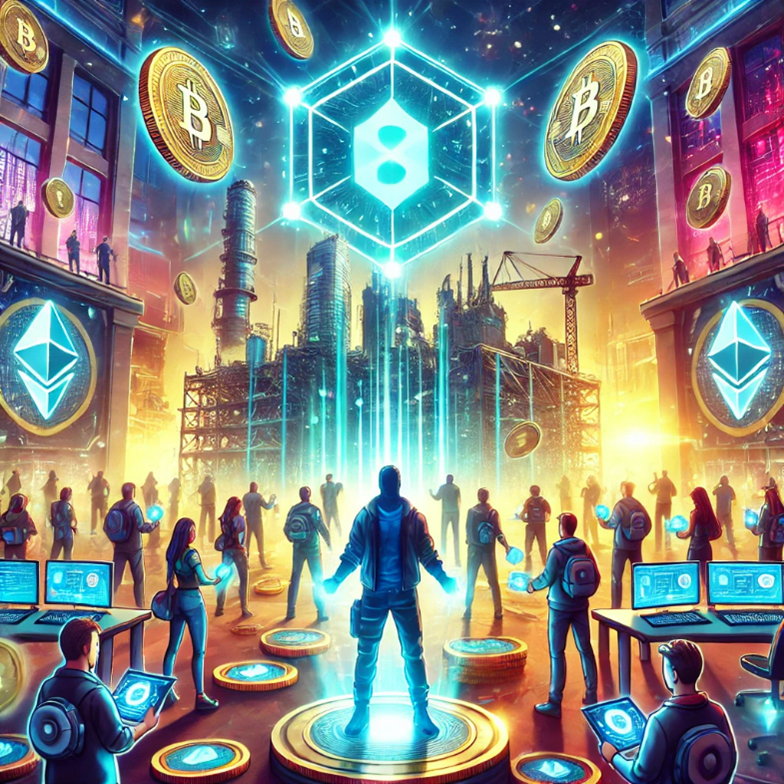
2. Monetization and New Income Streams
Gaming as a Source of Income:
P2E games allow players to earn real-world income by playing, which has been transformative in developing countries.
Example: In the Philippines, players of Axie Infinity earned a living during the COVID-19 pandemic.Asset Trading and Resale Markets:
Players can trade NFTs or tokens on global marketplaces, creating secondary markets for in-game assets.Staking and Passive Income:
Some P2E games allow players to stake NFTs or tokens to earn passive income, expanding beyond active gameplay.
3. Redefining Game Development and Funding
Community-Driven Development:
Decentralized Autonomous Organizations (DAOs) enable players to vote on game updates, fostering community involvement.Crowdfunding Through Token Sales:
Developers can raise funds by selling in-game tokens or NFTs before launch, reducing dependence on traditional investors.Sustainable Economic Models:
P2E games explore new monetization models that reward both developers and players, balancing profit and engagement.
4. Merging Gaming with Decentralized Finance (DeFi)
Play-to-Earn Meets DeFi:
P2E games integrate DeFi mechanics like staking, liquidity pools, and yield farming, turning games into financial ecosystems.Tokenomics:
In-game currencies are often cryptocurrency tokens with real-world value, influencing the game's economy and player behavior.
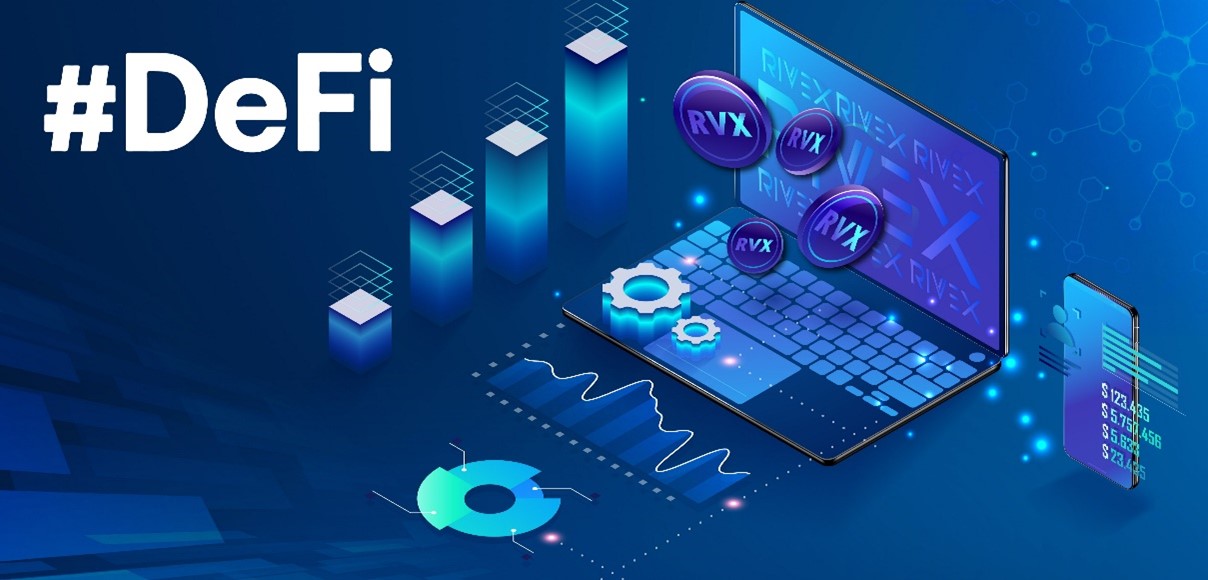
5. Expanding the Metaverse and Digital Identity
Virtual Land and Real Estate:
P2E games like Decentraland and The Sandbox let players buy, sell, and develop virtual land, blending gaming with digital real estate.Interoperable Assets:
NFTs enable players to use assets across multiple games and metaverse platforms, creating a unified virtual identity.Social and Community Building:
Virtual spaces in P2E games double as social hubs where players interact, collaborate, and build communities.
6. Inclusive Global Participation
Accessible Income for Emerging Markets:
P2E gaming lowers entry barriers for people in developing countries to earn income through gaming.Micro-Economies:
In-game economies mimic real-world financial systems, creating jobs like asset farming, content creation, and marketplace trading.
7. Challenges to Traditional Gaming Models
Disrupting Pay-to-Play and Free-to-Play Models:
Traditional models rely on upfront purchases or in-game microtransactions, while P2E offers value back to players.Pressure on AAA Developers:
Major gaming studios face pressure to integrate blockchain features or create P2E models to stay competitive.New Game Design Considerations:
Game developers must now balance entertainment value with sustainable economic models, shifting design priorities.

8. New Challenges and Risks
Economic Sustainability:
Many P2E models struggle to maintain balanced economies, risking "Ponzi-like" structures reliant on constant new players.Regulatory and Legal Risks:
Unclear global regulations around NFTs and cryptocurrencies create legal challenges for P2E platforms.Quality vs.Profit Motive:
Some P2E games prioritize financial incentives over engaging gameplay, leading to shallow player experiences.
Key Examples of P2E Games Reshaping the Industry
Axie Infinity: Introduced P2E gaming to mainstream audiences, allowing players to earn by breeding, battling, and trading Axies.
The Sandbox: Merges gaming with user-generated content and virtual real estate, enabling players to earn through creation and trade.
Gods Unchained: A blockchain-based card game where players own and trade in-game cards as NFTs.
Conclusion
P2E gaming is reshaping the gaming landscape by shifting value from game developers to players, enabling new income streams, and integrating decentralized technologies. It challenges traditional business models and pushes the industry toward more player-centric, financially inclusive ecosystems.
However, for long-term success, P2E must address economic sustainability, regulatory compliance, and game quality to balance profit with player enjoyment.



